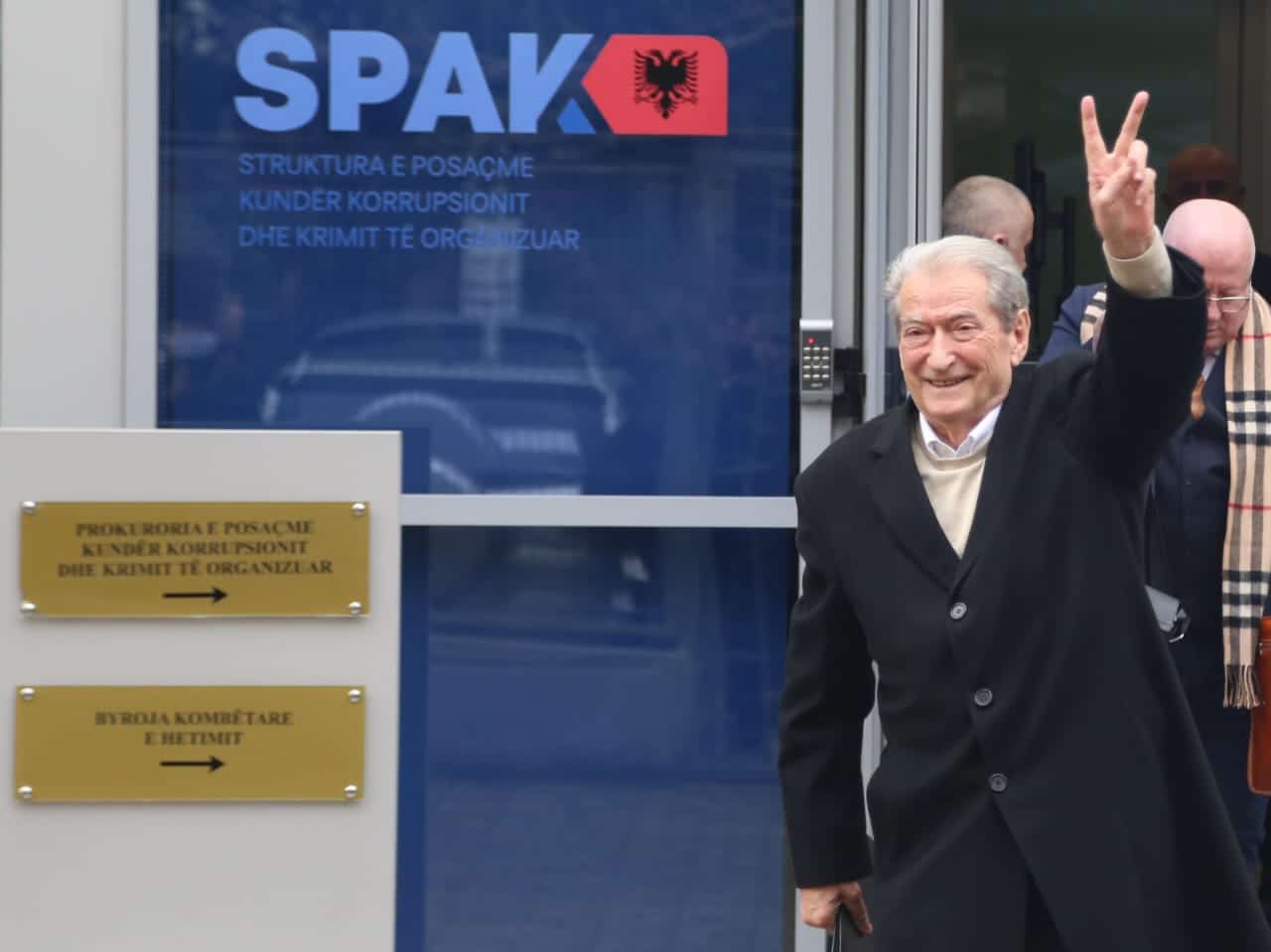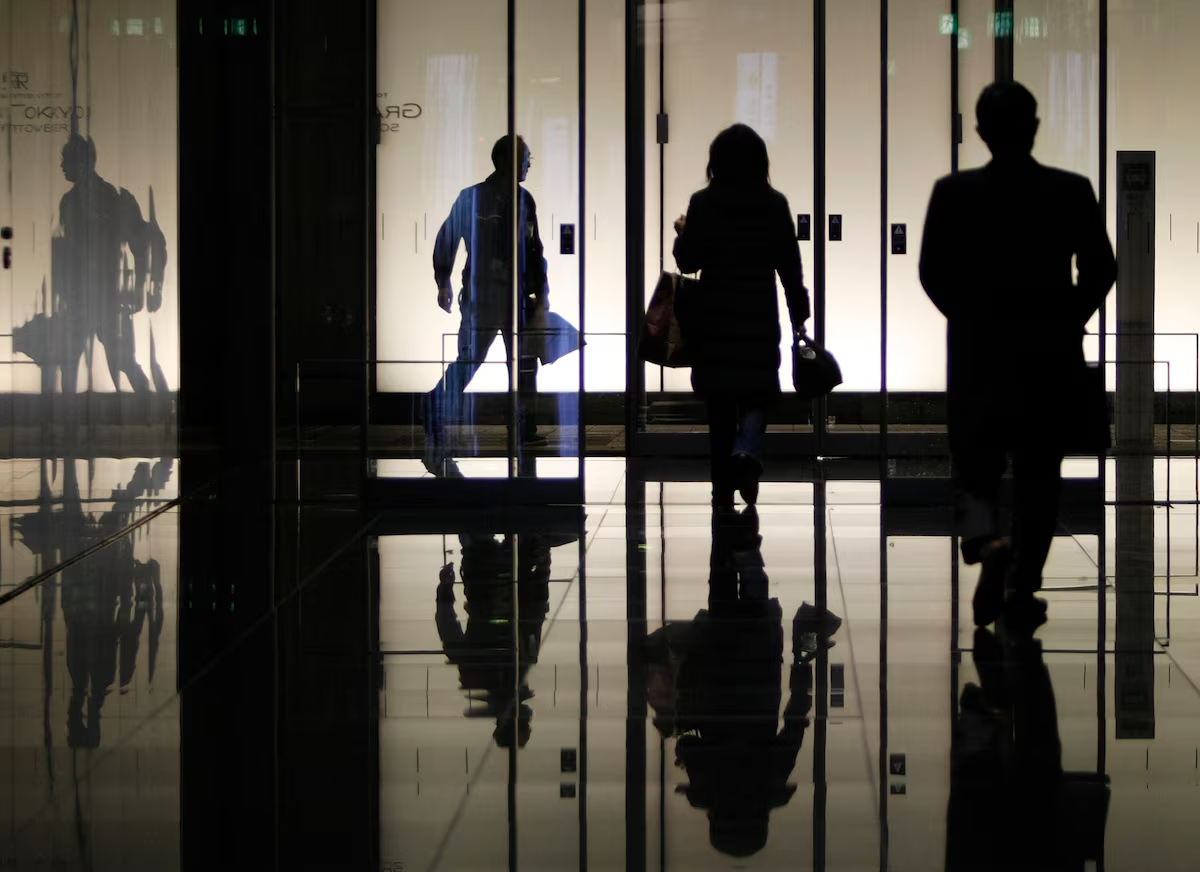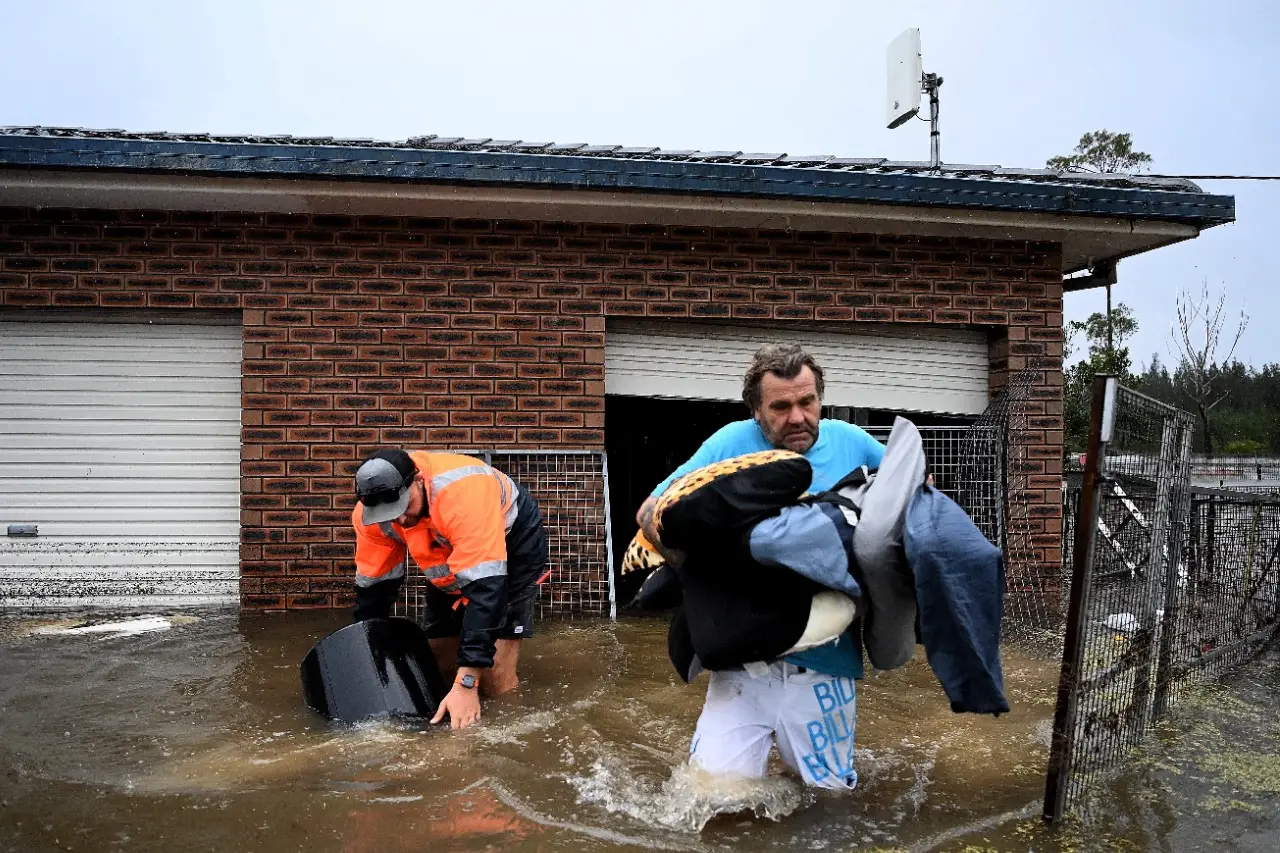Following a decisive electoral defeat, Albania’s main opposition force, the Democratic Party (PD), is facing growing calls from both within and outside its ranks for a complete overhaul of its leadership and strategy. Analysts, party members, and civic activists say the PD must urgently reinvent itself, or risk political irrelevance in a country where Prime Minister Edi Rama’s Socialist Party continues to dominate.
The parliamentary elections, held earlier in May, delivered yet another strong mandate to the ruling Socialists, extending Rama’s grip on power. Meanwhile, the opposition—fragmented, weakened by internal divisions, and led by a figure tainted by US corruption sanctions—struggled to rally voter confidence.
At the center of the crisis is Sali Berisha, the former prime minister and current de facto leader of the Democratic Party, despite a U.S. State Department designation labeling him and his family as involved in significant corruption. Though banned from entering the United States, Berisha has continued to play an influential role, resisting demands to step aside for the good of the party’s future.
In the wake of the election, pressure is mounting. Analyst Lutfi Dervishi told Balkan Insight, “The Democratic Party is in urgent need of new people. It must disassociate from those seen as corrupt, authoritarian, or stuck in the past.” He warned that the party’s current image is irreparably damaged among young and urban voters.
The election results were a stark reflection of this sentiment. The PD lost ground in key municipalities and failed to present a coherent alternative platform to Rama’s government, which ran on a mix of economic progress, EU integration efforts, and political stability.
Several prominent PD members have already begun speaking out. Former MP Jorida Tabaku called for “deep and uncompromising reform” within the party, insisting that it must become a genuine opposition, both in substance and structure. She added, “The time for symbolic change is over. We need to listen to voters and be brave enough to let new leadership emerge.”
The PD’s internal troubles are not new. For years, it has been split between supporters of Berisha and those advocating for a younger, reformist leadership. Attempts to modernize the party and improve transparency have repeatedly failed, often blocked by entrenched interests loyal to the old guard.
Despite these setbacks, many within Albanian civil society still see potential for a rejuvenated PD—if it can break away from its past. Political scientist Alban Dashi argued that Albania needs a credible opposition to prevent the emergence of one-party dominance. “Democracy requires checks and balances. The Socialist Party cannot be left unchecked forever,” he said.
Meanwhile, the ruling Socialist Party has shown no signs of complacency. Prime Minister Rama used his post-election address to underscore his government’s priorities, including EU accession negotiations, infrastructure development, and anti-corruption efforts. He has also skillfully capitalized on the PD’s weaknesses to position himself as a stable, internationally respected leader.
The international community has taken notice. EU and U.S. officials, while congratulating the Albanian people for conducting peaceful elections, have also emphasized the need for democratic accountability and institutional reform—something a strong opposition party would typically provide.
With its credibility at an all-time low, the Democratic Party now stands at a crossroads. It can either continue down a path of self-destruction, clinging to outdated figures and ineffective tactics, or embrace generational change and institutional renewal.
For many Albanians, particularly the youth and the diaspora, the choice is clear: they want a political opposition that reflects the country’s future, not one mired in the controversies and personalities of the past. Whether the PD can deliver on that expectation remains to be seen.
Source: Balkan Insight



